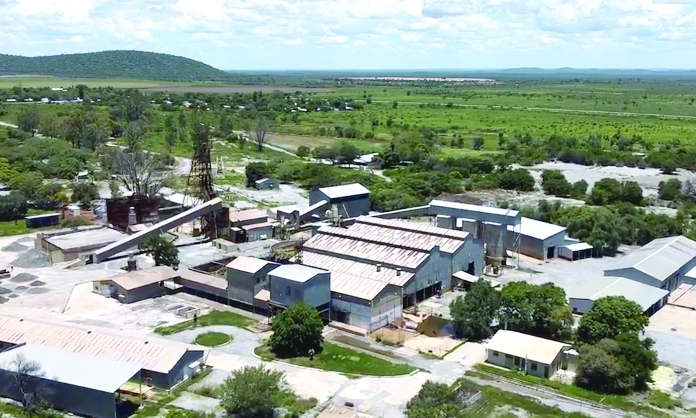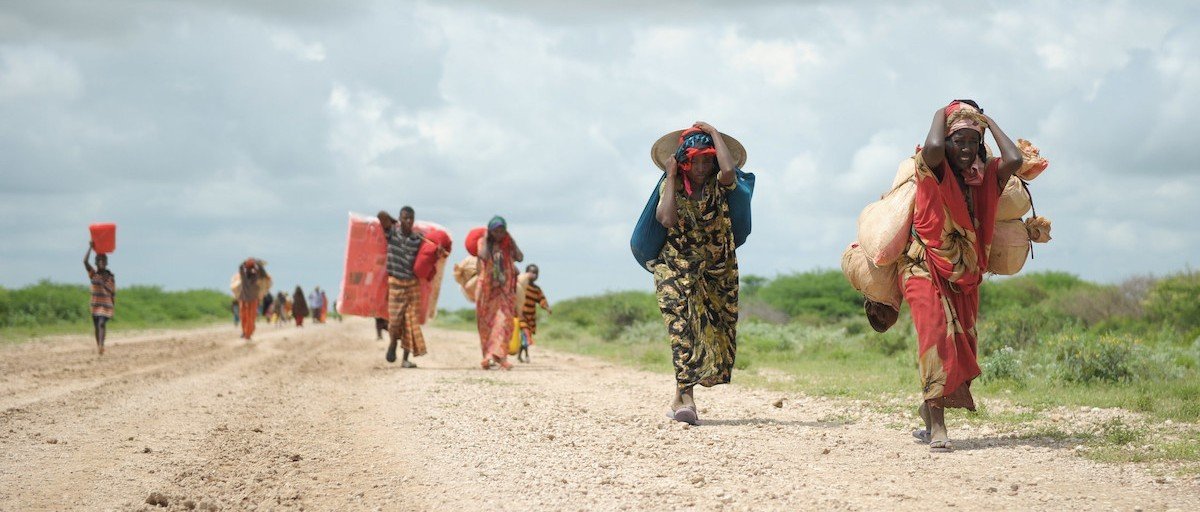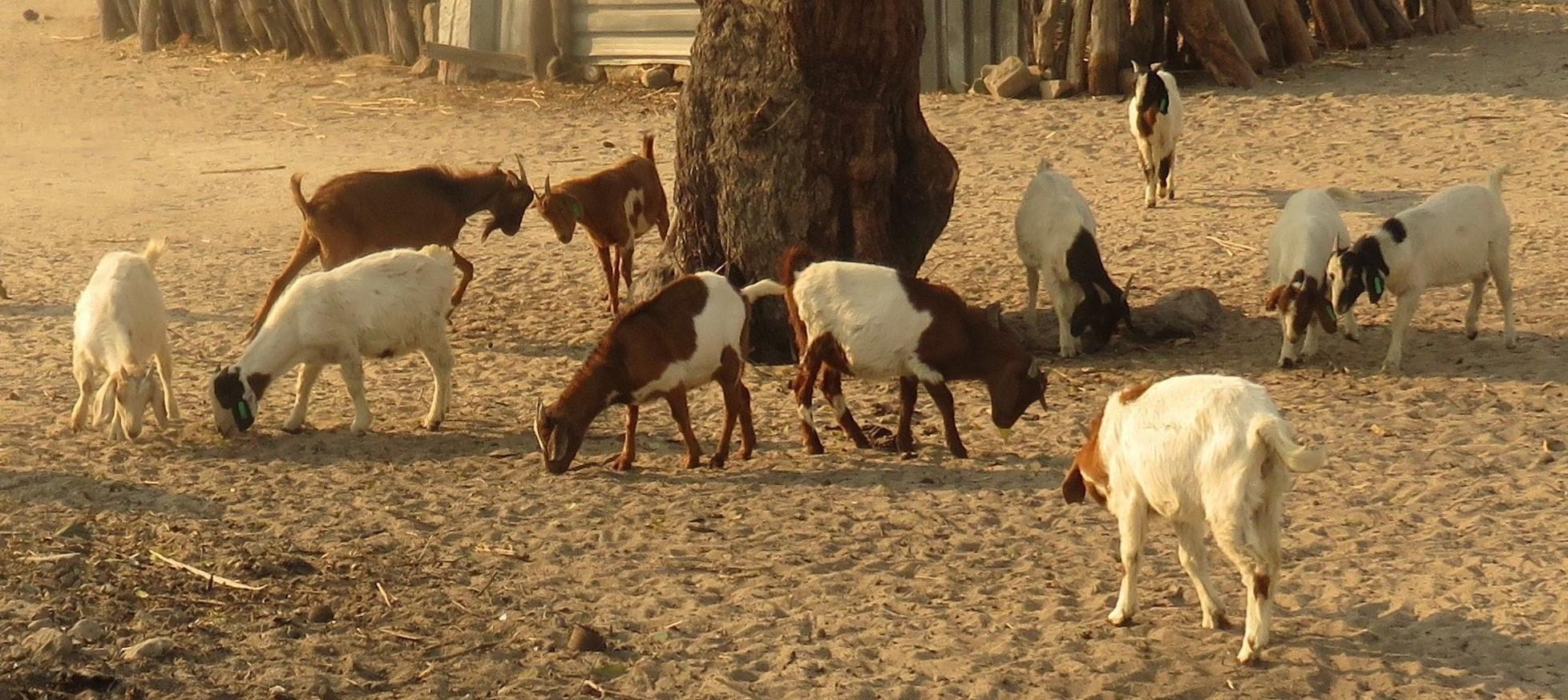Trigon Metals has successfully restarted the production of copper concentrates at its Kombat Mine in Namibia, placing the project on track to meet commercial production targets by the end of next month, the company announced last week.
In statement released on Thursday, the company said it had achieved the major milestone of turning on the mill’s crushing facility and starting the flotation circuit on 3 August.
“The plant has been running in three-hour bursts, as the Trigon team fine-tuned the equipment and set up for a 24-hour, seven-day-a-week operation. Concentrate levels are building in the thickeners with first concentrate production pending,” said the statement.
Trigon president and chief executive officer Jed Richardson said: “I would like to thank our staff, contractors, suppliers, local partners, and the Namibian government for their concerted efforts in getting Kombat back into production.
“This milestone for both our company and the Kombat community pushes us forward as a cash-flowing operation. We look forward to the continued growth of our operations at Kombat as Trigon offers yet more value to our dedicated shareholders.”
Trigon Namibia director Jeremy Hangula said: “We commend the team at Trigon Namibia for their outstanding efforts at achieving the milestone of bringing these deposits into production.
“Support from our local shareholders and stakeholders has proven to be invaluable and has contributed greatly to the hundreds of jobs created, and currently adding value to the Kombat community.”
The resumption of production at Kombat comes at a time the United States government has for the first time included copper as a critical material, underlining its importance, following the example set by the European Union, Japan, India, China and Canada.
The critical materials assessment evaluates materials based on whether they serve an essential function in the production of energy transition technologies such as electric vehicles. It is also defined as any non-fuel mineral that has a high risk of supply chain disruption.
The critical materials list will inform eligibility for government subsidies under the Inflation Reduction Act. The final list includes aluminium, cobalt, copper, dysprosium, electrical steel, fluorine, gallium, iridium, lithium, magnesium, natural graphite, neodymium, nickel, platinum, praseodymium, terbium, silicon and silicon carbide.
Kombat Mine in the Otjozondjupa region is one of the most significant copper mines in Namibia.
Mining operations, which initially commenced in 1962, continued until 2008, with total output reaching 12,46 million tonnes of ore grading 2,6% copper on average.
The mine has over US$150 million worth of usable infrastructure in place. That includes a 1 10-tonne per day mill, an 800-metre shaft with two other vertical shafts, extensive underground workings, tailings facility, ramp systems, mine buildings and concentrator.
Its close proximity to the port of Walvis Bay and to one of only five commercial-grade smelters in Africa located at Tsumeb, is an additional benefit to the project.
Stay informed with The Namibian – your source for credible journalism. Get in-depth reporting and opinions for
only N$85 a month. Invest in journalism, invest in democracy –
Subscribe Now!










